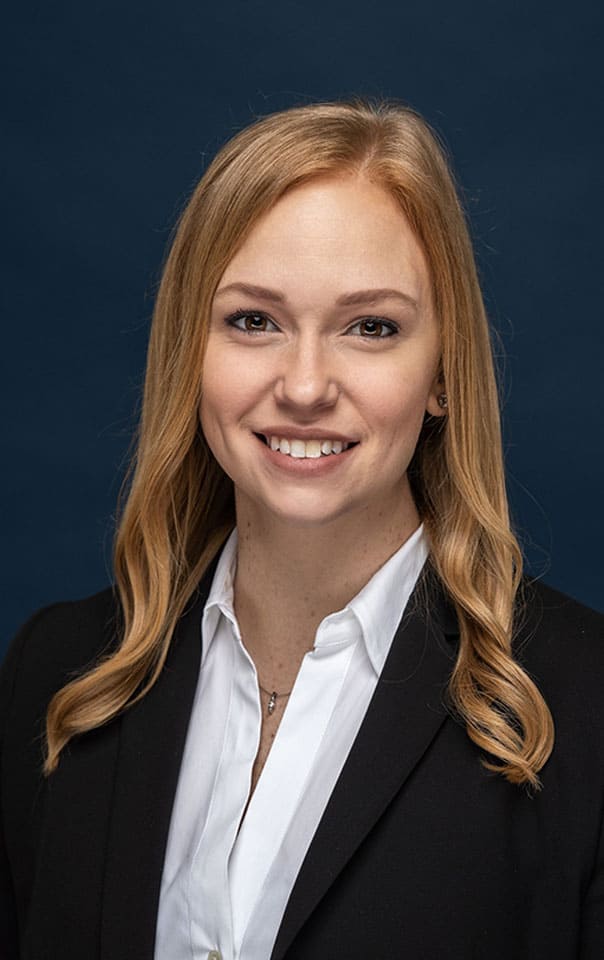Did you know that statewide choice students outperform their public-school peers by 3.2% in ELA and 2.1% in math? It is no wonder that their enrollment continues to increase compared to traditional public schools. However, it can be a lengthy and complicated process for parents to enroll their children in a choice program. That’s largely due to the many bureaucratic obstacles that are currently in place such as income limits, restrictive enrollment periods, grade-level entry points and regulatory requirements.
Income Limits
Not all families in Wisconsin have access to a parental choice program because of income limits that determine eligibility. Not only are the income limits restrictive (as a family of four in the statewide program cannot earn more than $58,300), but they are inconsistent. For instance, family incomes must be within 300% of the federal poverty limit in order to participate in the Milwaukee Parental Choice Program and Racine Parental Choice Program. But for the Wisconsin Parental Choice Program, also known as the statewide program, family incomes must be within 220% of the federal poverty limit.
Legislators should consider eliminating these income limits so that all families can obtain a high-quality education for their children no matter their income. At a minimum, the income limits should be raised and should be consistent statewide.
Restrictive Enrollment Periods and Grade-Level Entry Points
Families applying for their student to participate in the statewide parental choice program may only enroll from February 1st to mid-April. Many families do not even begin to think about where their child will attend school until summertime. But if they seek to attend a choice school in Wisconsin outside of the Milwaukee or Racine school districts, it will be too late to apply.
Add to this issue grade-level entry points. In the Racine and statewide choice programs, students are only eligible if they are entering K4, K5, 1st, and 9th grade. So, if a family misses the enrollment window for their child entering 1st grade, he or she will not be eligible for a seat in the choice program again until ninth grade.
Even students who were in the program the previous year must abide by the February-April enrollment window, since parents must apply every year for the program. If a child begins to struggle at a local public school and the family decides in May that they want a change, they will not be eligible. A family that moves to Wisconsin in June and wants to apply to a choice school in the statewide program will not be eligible.
Contrast this with traditional public schools, where students can enroll at any time. Restrictive enrollment periods to the choice program should be eliminated. As with income limits, uniformity across the parental choice programs in our state would remove barriers to entry and simplify the application process.
Regulatory Requirements
Schools want to serve families, and families want the educational option that is best for them. Our state Department of Public Instruction (DPI) is statutorily required to administer the choice program, and it has created significant bureaucratic red tape that schools and families must navigate.
Aside from technical issues such as the application webpage crash in February of 2022 due to high volume, DPI has implemented burdensome policies that effectively shut eligible families out of the programs. For instance, DPI requires absolute perfection on applications to the choice programs or students can be at risk of losing their vouchers. Families with language barriers find the process even more challenging.
On behalf of School Choice Wisconsin Action, Catholic Memorial High School and Roncalli Catholic Schools, WILL filed a lawsuit against DPI, challenging these unlawful regulations. DPI has created informal bulletins that set the terms for what is considered a “perfect” application, and it has done so without going through the rulemaking process as required by our state law. WILL is hopeful that this lawsuit will assist families and schools as they navigate the application process.
Applying to the Choice Program Should Not be More Difficult than Registering at a Local Public School
Families registering their children for a local public school do not face these barriers. DPI has created a bureaucratic nightmare that families and schools are forced to navigate if they want to participate in the choice programs. All children should have access to a high-quality education, and schools should be able to shift their time and resources back to educating students, not dealing with tedious requirements such as those WILL is challenging in our “Perfection Rule” lawsuit.
WILL has also partnered with several groups as part of the Wisconsin Coalition for Education Freedom, which is committed to giving parents more control and advancing policy goals that will improve education in Wisconsin. Stay tuned for more information and resources coming soon.
In the meantime, we invite you to subscribe to our updates on all things WILL!
